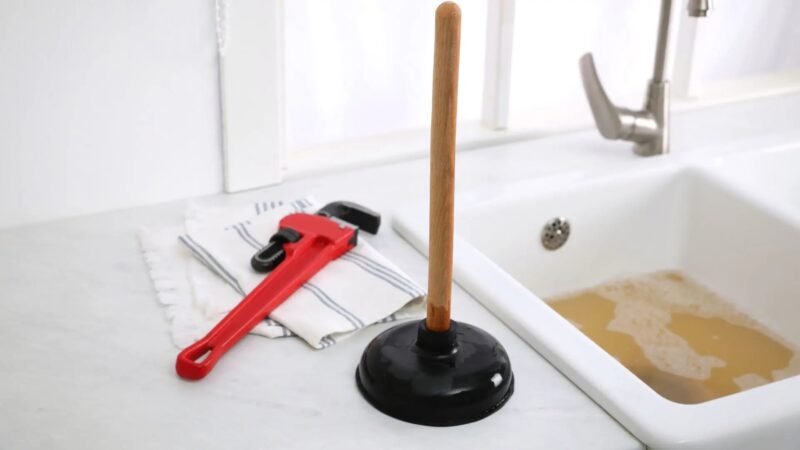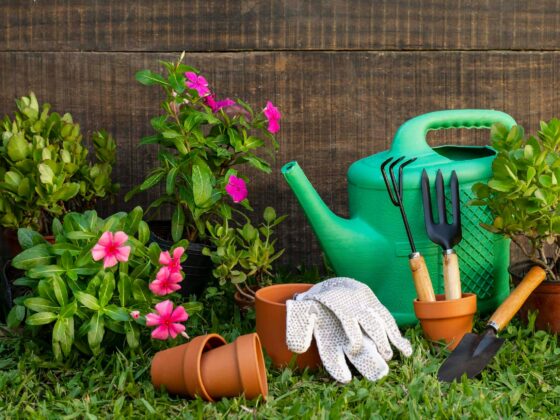A clogged drain can quickly turn into an inconvenient and messy situation. A blockage in your kitchen, bathroom, or anywhere else in your home can be a major inconvenience, disrupting your daily routine and causing unpleasant odors. Fortunately, there are simple solutions to get things flowing again without too much hassle.
Here’s a guide to quick and practical ways to tackle emergency drain cleaning, along with tips on when to seek professional help and how to prevent future clogs.
Common Household Fixes for Clogged Drains
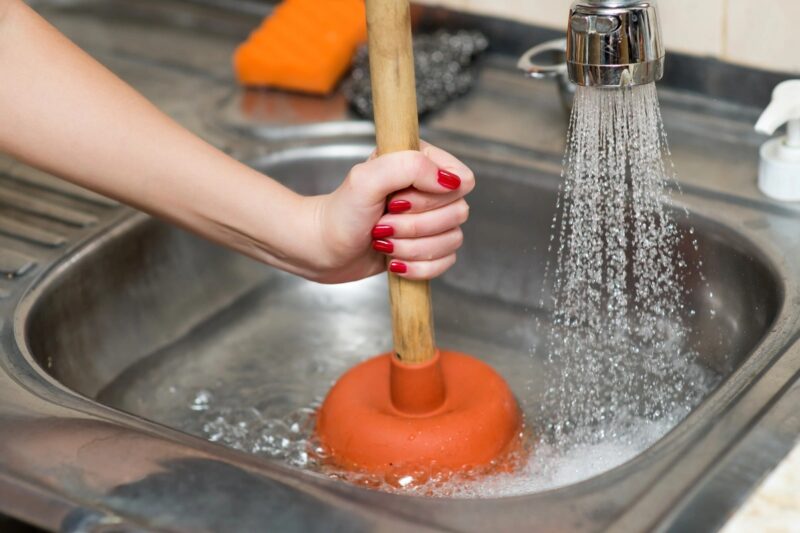
Sometimes everyday items around your home can be surprisingly effective for clearing a drain blockage. These quick fixes don’t require specialized tools and are worth trying in an emergency.
Hot Water and Dish Soap
This method works well for grease clogs that tend to build up in kitchen sinks. Start by boiling a kettle of water, then adding a small amount of dish soap to the sink or directly into the blocked drain. Slowly pour the hot water into the drain, allowing it to break down the grease and flush the pipes.
Baking Soda and Vinegar
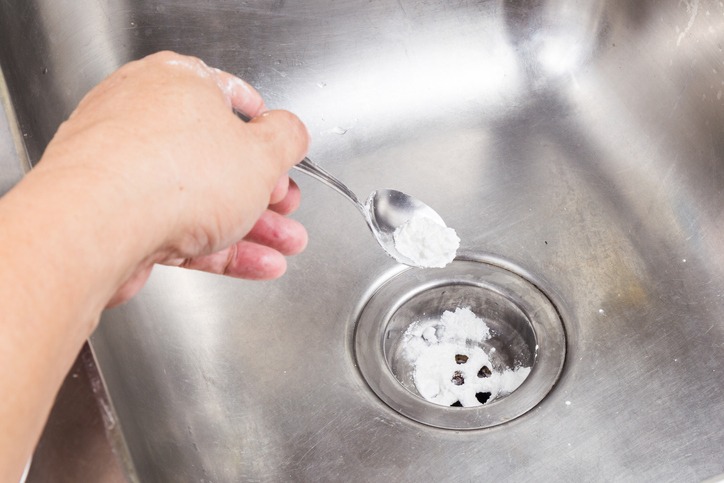
Known for its natural cleaning power, the combination of baking soda and vinegar can help dislodge minor clogs. Pour baking soda into the drain opening, and follow it up with vinegar. The mixture will fizz and bubble, working to loosen debris. After letting it sit for a few minutes, flush the drain with hot water.
Use a Plunger
Most households have a plunger on hand, and it’s a great tool for clearing stubborn clogs. Create a seal around the drain and use steady, controlled pushes to shift the blockage. If you’re working on a double sink, block the other drain with a stopper or wet cloth for better suction.
Wire Hanger or Basic Drain Snake
Professional drain snakes are excellent for tackling stubborn clogs, but a simple wire hanger can serve as an effective DIY alternative. Straighten the hanger and bend one end into a small hook. Use it to pull out hair or other debris causing the blockage. Be gentle to avoid damaging the pipes.
When to Call a Professional
While many clogs can be cleared with simple DIY solutions, some problems require the expertise of a licensed plumber like Bass Reddy Rooter. Knowing when to call for professional assistance can save you from further damage and costly repairs. If you’ve tried several remedies without success, or if the water takes hours to drain or doesn’t drain at all, it’s likely a sign of a serious blockage deep in your pipes.
Additionally, unpleasant odors or gurgling sounds coming from your drains may indicate a more significant issue, such as tree root intrusion, sewer line damage, or a collapsed pipe. Attempting to force a solution for a severe drain issue without the right tools or knowledge can lead to further complications. Reaching out to a professional ensures the problem is identified and resolved properly.
Preventing Future Drain Clogs
Once your emergency drain cleaning is resolved, preventative measures can help reduce the likelihood of future problems. Here are a few tips to keep your drains clear and functional over time.
Avoid Pouring Grease or Oil Down the Drain
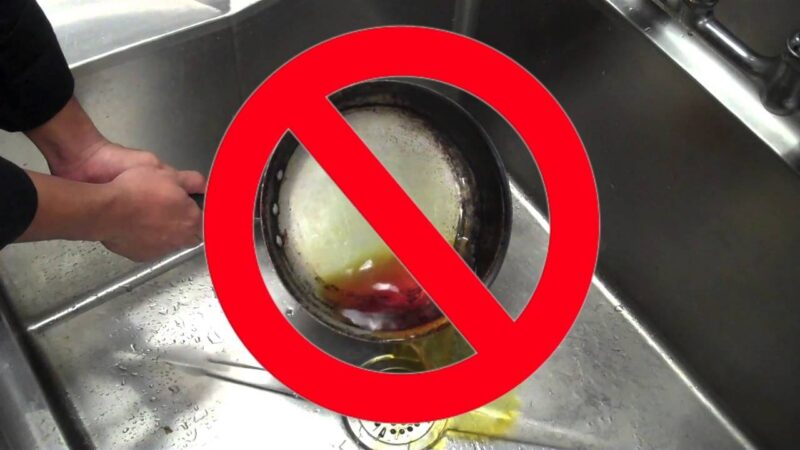
Grease and oil are among the most common culprits of clogged kitchen drains. Over time, they harden and block the pipe, creating a sticky trap for other debris. Instead, dispose of grease by collecting it in a container and throwing it away in the trash.
Use Drain Screens
A simple drain screen or strainer can catch hair, food particles, and other items before they go down the drain. These devices are affordable and easy to clean, making them an effective way to prevent blockages in both kitchen and bathroom sinks.
Flush Drains Regularly
Flushing your drains with hot water once in a while can help remove minor buildups before they become major clogs. Adding baking soda followed by hot water is an easy maintenance tip to keep unpleasant odors at bay.
Keep an Eye on What Goes Down
Dispose large food scraps, starchy leftovers like pasta, and fibrous items such as vegetable peels in the trash instead of the sink. This simple habit can greatly reduce strain on your kitchen drain pipes.
Address Small Issues Immediately

If you notice water draining more slowly than usual, take action immediately. Clearing a partial blockage is much easier and less time-consuming than trying to tackle a fully clogged pipe. Addressing the issue early can prevent water from backing up, reduce the risk of damage to your plumbing system, and save you from costly repairs down the line.
Dealing with a clogged drain doesn’t have to be stressful. With a little know-how and a few handy household items, you can often clear the blockage on your own. Remember to stay patient, avoid harsh chemical cleaners that might damage your pipes, and know when it’s time to call in the experts. By taking steps to maintain your drains and practicing good habits, you can reduce the chances of future clogs and keep your home running smoothly.
